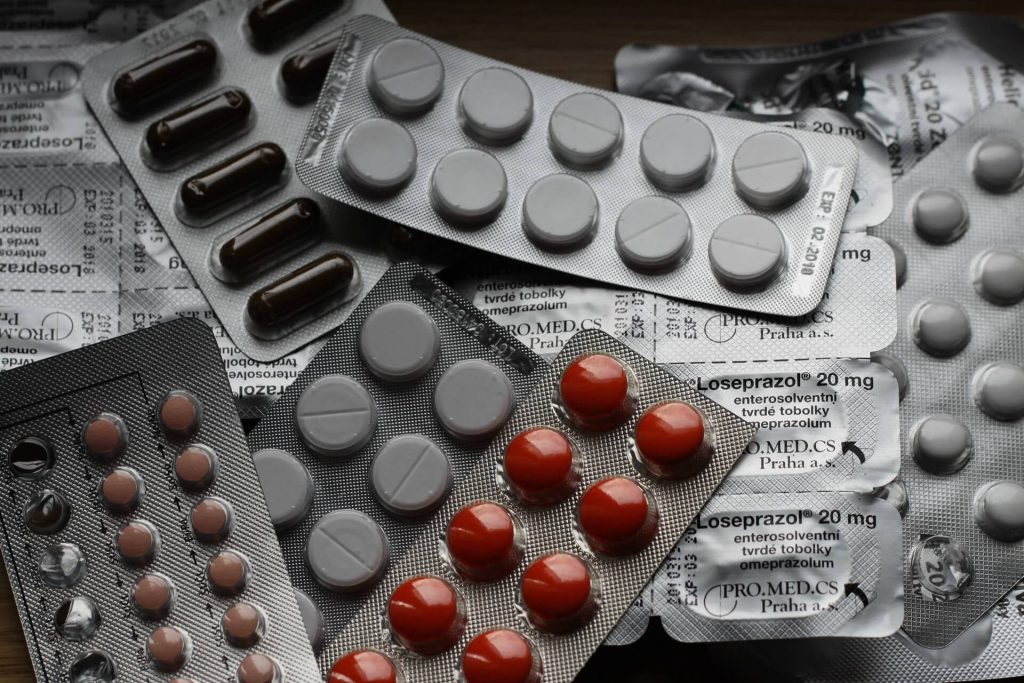Drugs have a profound impact on the human body, influencing both physical and mental health. While some drugs are prescribed for medical purposes, others are misused for their psychoactive effects. Whether legal or illegal, drugs can cause significant short-term and long-term changes in the body. Understanding these effects can help individuals make informed decisions and seek help if needed.
This article explores the effects of drugs on different body systems, including the brain, heart, liver, lungs, and mental health.
How Drugs Affect the Body?
Drugs can alter normal bodily functions in multiple ways. The effects depend on factors like:
The type of drug used
The dosage and frequency of use
A person’s overall health and genetic factors
The method of consumption (smoking, injection, oral ingestion, etc.)
Effects of Drugs on the Brain
The brain is one of the most affected organs when it comes to drug use. Different drugs impact brain chemistry in unique ways, but most interfere with the neurotransmitters that regulate emotions, mood, and cognitive functions.
Dopamine Surge: Many drugs, such as opioids, cocaine, and methamphetamine, cause an excessive release of dopamine, a neurotransmitter associated with pleasure and reward. This can lead to addiction as the brain craves repeated stimulation.
Memory and Learning Impairment: Long-term drug use can damage the hippocampus, the part of the brain responsible for memory and learning. This is common with marijuana, alcohol, and benzodiazepines.
Increased Risk of Mental Disorders: Drugs can contribute to anxiety, depression, paranoia, and even psychosis. Hallucinogens like LSD and PCP can cause hallucinations and delusions.
Effects on the Heart and Circulatory System
Drugs can place immense strain on the cardiovascular system, leading to serious complications such as:
Irregular Heartbeats: Cocaine and methamphetamine can cause arrhythmias, which may lead to sudden cardiac arrest.
High Blood Pressure: Many stimulants increase heart rate and blood pressure, increasing the risk of heart disease and stroke.
Heart Infections: Intravenous drug use can introduce bacteria into the bloodstream, leading to infections like endocarditis.
Effects on the Liver
The liver is responsible for metabolizing drugs, and excessive drug use can lead to liver damage.
Liver Toxicity: Many prescription medications, including painkillers like acetaminophen, can cause liver failure if taken in high doses.
Hepatitis and Cirrhosis: Injectable drugs increase the risk of contracting hepatitis B and C, while chronic alcohol use can lead to cirrhosis (scarring of the liver).
Effects on the Respiratory System
Drugs that are smoked or inhaled can severely impact the lungs.
Chronic Bronchitis and Lung Disease: Smoking marijuana, heroin, or crack cocaine can lead to chronic respiratory issues and lung infections.
Respiratory Depression: Opioids and depressants slow down breathing, sometimes to the point of fatal overdose.
Effects on the Immune System
Drug use weakens the immune system, making individuals more susceptible to infections.
Weakened Immunity: Cocaine, methamphetamine, and heroin lower the body’s ability to fight off infections.
Higher Risk of Diseases: Needle-sharing among drug users increases the risk of HIV/AIDS and hepatitis.
Effects on the Digestive System
Many drugs cause gastrointestinal issues, including nausea, vomiting, and stomach pain.
Ulcers and Internal Bleeding: Long-term alcohol and stimulant abuse can lead to stomach ulcers and intestinal bleeding.
Severe Dehydration: Drugs like MDMA (Ecstasy) can cause excessive sweating and dehydration, leading to kidney damage.
Effects on Reproductive Health
Drug use can negatively affect fertility and sexual health.
Hormonal Imbalance: Some drugs interfere with hormone production, reducing fertility in both men and women.
Birth Defects: Pregnant women who use drugs risk passing harmful substances to their baby, leading to developmental issues and birth defects.
Long-Term Consequences of Drug Use
Repeated drug use over time can cause irreversible damage to the body.
Chronic Diseases: Long-term drug use is linked to heart disease, liver failure, kidney disease, and cancer.
Cognitive Decline: Memory loss, reduced attention span, and impaired decision-making abilities are common among chronic drug users.
Mental Health Disorders: Anxiety, depression, paranoia, and schizophrenia can develop or worsen with prolonged drug abuse.
How to Prevent and Treat Drug-Related Damage
Seeking Professional Treatment
If drug use has already caused physical or mental harm, professional treatment is necessary. Options include:
Detox Programs: Help individuals safely withdraw from drugs under medical supervision.
Therapy and Counseling: Cognitive-behavioral therapy (CBT) and support groups like Narcotics Anonymous can aid in recovery.
Medication-Assisted Treatment (MAT): Medications like methadone and buprenorphine can help manage withdrawal symptoms for opioid users.
Lifestyle Changes for Recovery
Healthy Diet and Exercise: Supports organ recovery and improves overall well-being.
Adequate Sleep and Hydration: Essential for brain function and detoxification.
Avoiding Triggers: Staying away from environments or people that encourage drug use.
Drugs have severe effects on nearly every organ in the body. While some damage can be reversed with early intervention, prolonged drug use can lead to irreversible harm, addiction, and even death. Understanding these effects is crucial for making informed choices and seeking help when necessary. If you or someone you know is struggling with drug abuse, reaching out for professional treatment can be life-changing.eone you know is struggling with drug abuse, reaching out for professional treatment can be life-changing.

